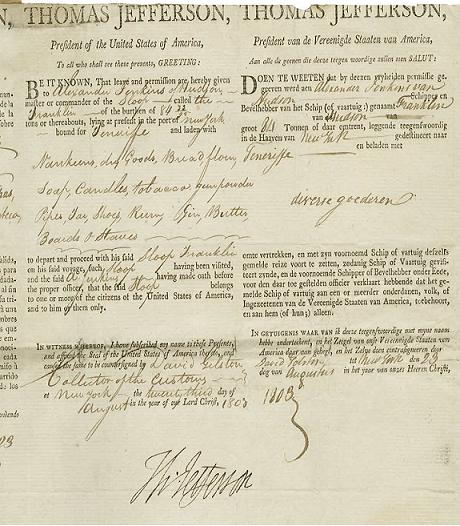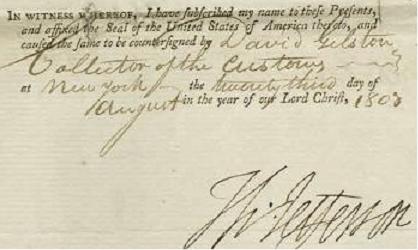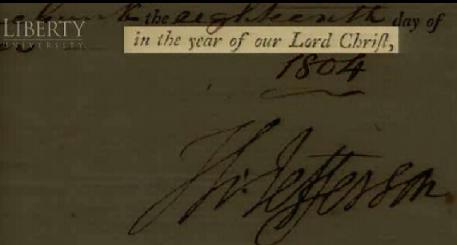United in Purpose wants to bring biblical change to America via five million newly registered evangelical voters. They want to do this through their efforts called Champion the Vote and One Nation Under God house parties. Watch the plan:
Five million new Christian voters can sway any election, so the thinking goes, because apparently all Christians vote alike.
The collection of groups and efforts are looking for candidates who will vote according to the Bible. Rick Perry (invited but not confirmed) and Newt Gingrich are on the agenda for the One Nation Under God house parties. I’ll bet that will be a rocking party.
Under the umbrella of United in Purpose is the focus of the video above, Champion the Vote. Reportedly, Rick Perry’s prayer meeting (the supposedly non-political The Response) mailing list has been used to solicit people for the Champion the Vote effort. This is unsurprising since this effort advocates churches become ACORN-like voter registration machines. Clearly, our salvation comes from the ballot box and not the Lord.
Champion the Vote has specified a worldview that they would like to see in power. You can read it here. Some excerpts:
A Biblical worldview begins with God in Genesis, chapter one and verse one. A Biblical worldview is viewing the world, the beginning of the world, people in the world, the problems in the world, governments in the world, issues in the world, solutions for the problems in the world, and the future of the world – through God’s Word.
A Biblical worldview requires that you know what the Word of God teaches!
Everyone has a worldview whether they realize it or not. Your response to news about an abortion clinic is based upon your worldview. Your response to school shootings is based upon your worldview. Your response to evolution is based upon your worldview. Your response to issues of life and death is based upon your worldview. Everyone has developed a “system of beliefs” and core values that they operate from. The goal is to be sure that this “system of beliefs” is based totally on the Word of God!
A Biblical worldview cannot be based upon any human system of beliefs and values.
The best way to define a worldview is “simply how you see the world”. If you were to put on a pair of glasses that had “blue lenses” everything you see would be “blue”. If you were to put on a pair of glasses that had “green lenses” everything you see would be “green”. The same is true for a worldview.
There are basically two worldviews: Biblical and atheistic.
You really get a sense of the reductionism with these statements. One is either an evangelical Christian or an atheist. Champion the Vote promotes this “biblical worldview” as a part of the statement of purpose:
Champion the Vote is an initiative of United in Purpose (UiP), a non-partisan, non-profit organization whose mission is to actively advance the traditional values of America’s founding fathers.
UiP provides resources and infrastructure for like-minded Christian organizations and ministries to educate and mobilize their constituencies for the common cause of bringing the Biblical worldview to the forefront of American life and politics.
CTV wants you to join if you want your vote to go for candidates with a biblical worldview.
If you’re passionate about America and about God’s Word, if you long to see our nation return to the timeless truth of a Biblical worldview, if you’re willing to be on the frontlines and speak out to mobilize others to act – if you have as little as one hour a week to volunteer — become a Champion!
Of course, the nation never had such a worldview as a foundation. The danger in this group is that they seek to impose a return to something that never was. They seek to make the church into a political machine.
I have no objection to people of like-mind seeking to recruit other people. This is how it works. However, I do have a problem with the blurring of divisions between the cross and the flag, using the church for unintended reasons.


